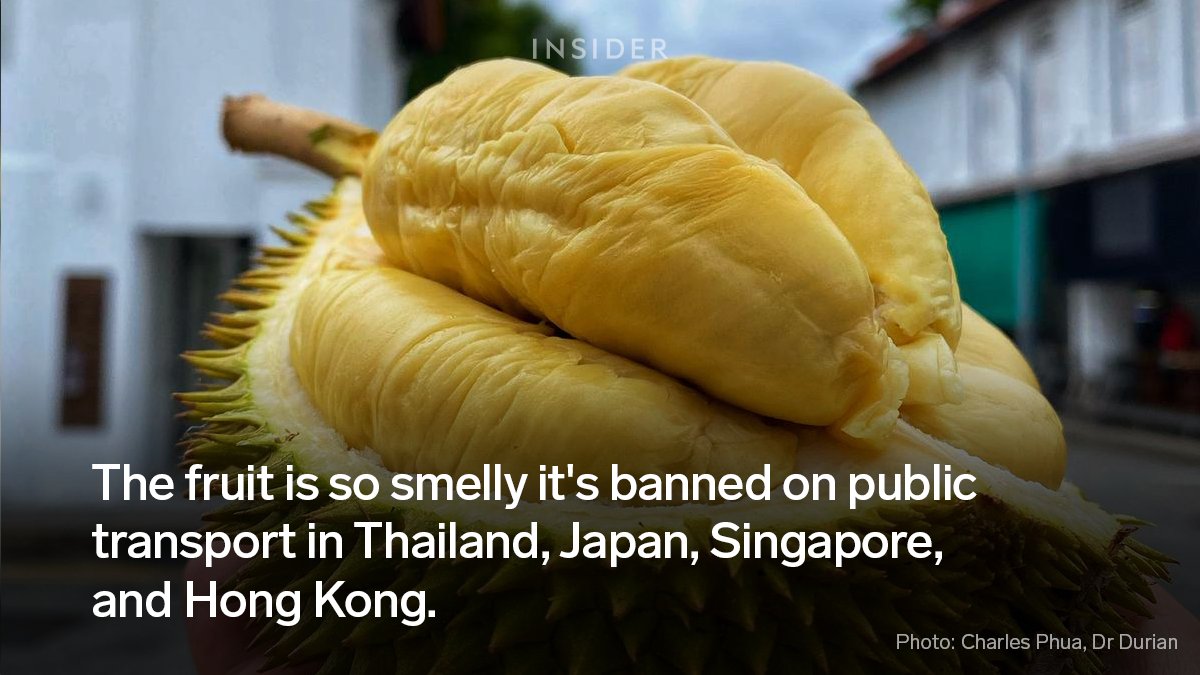Using a special sustainable toilet in South Korea can get you books, fruit, and even freshly brewed coffee. 🚽
Here’s how.
insider.com/south-korean-u…
Here’s how.
insider.com/south-korean-u…
Professors at Ulsan National Institute of Science and Technology have designed a toilet that converts methane from one's faeces into an energy source. 💩
insider.com/south-korean-u…
insider.com/south-korean-u…

BeeVi uses a vacuum and a small amount of water to send poop from the toilet into an underground tank and bioreactor, prompting its creators to call it a "super water-saving vacuum toilet."
insider.com/south-korean-u…
insider.com/south-korean-u…

Methane from the faeces is turned into a power source for the appliances in the building, including a gas stove, a hot-water boiler, and a fuel cell that produces electricity. 💡
insider.com/south-korean-u…
insider.com/south-korean-u…
Students who use the toilet are rewarded with 10 units of digital currency called Ggool per day.
Ggool can be used at a market on campus to buy items like bananas, stationery, and instant cup noodles. 🍜
insider.com/south-korean-u…
Ggool can be used at a market on campus to buy items like bananas, stationery, and instant cup noodles. 🍜
insider.com/south-korean-u…

One of the toilet's designers, urban and environmental engineering professor Cho Jae-weon, told @Reuters that the average person's poop for one day can power a car for three-quarters of a mile. 🚗
insider.com/south-korean-u…
insider.com/south-korean-u…

A postgraduate student purchasing items at the Ggool market said he now sees poop as a "treasure" because of the new toilet. 💩 = 💎
insider.com/south-korean-u…
insider.com/south-korean-u…

• • •
Missing some Tweet in this thread? You can try to
force a refresh




















